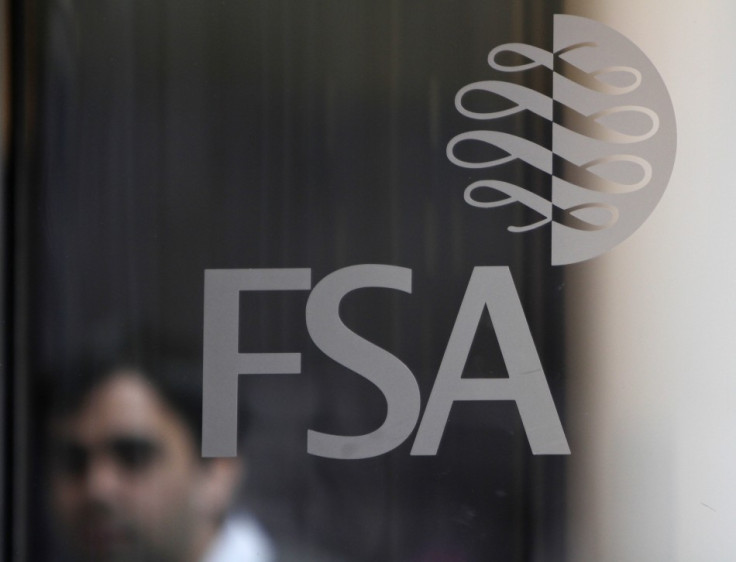FSA Demands IT Back-up Plans from Britain's Biggest Banks

The UK's Financial Services Authority (FSA) has written to nine of the country's largest banks and building societies demanding disclosure of IT back-up plans and naming the senior managers who would be responsible if systems fail. The demand follows the RBS glitch which led to thousands customers not being able to withdraw or make payments from their accounts.
According to the Financial Times, senior executives at the British financial regulator wrote to the banks and building societies asking what had been done to "to ensure the overall resilience of critical infrastructure and banking processes" and what contingency plans were in place to restore service "within an acceptable timeframe".
Each firm was also expected to say which senior managers would be the point of contact and ultimately responsible should there be a system malfunction.
FSA representatives were not available for comment.
RBS Technology Failure
For nearly a week, many customers were unable to make payments, check their balances or even withdraw cash. It has since led to RBS reimbursing customers for charges incurred when there were insufficient funds in the account to pay bills.
While RBS has since apologised, the details surrounding how the system crashed is still being investigated and the group's CEO Stephen Hester has denied reports that the glitch was caused by an "inexperienced operative" in India.
"I have no evidence of that," he said. "The IT centre - our main centre - [is] nothing to do with overseas. Our UK backbone has seen substantial investment."
One month later, the UK's largest building society Nationwide experienced a round of IT malfunctions, which affected around 704,000 customers.
Nationwide confirmed that there was "an issue with debit card transactions is affecting some customers. Sorry, accounts will be corrected."
Customers said they noticed large unauthorised amounts leaving their accounts.
© Copyright IBTimes 2024. All rights reserved.






